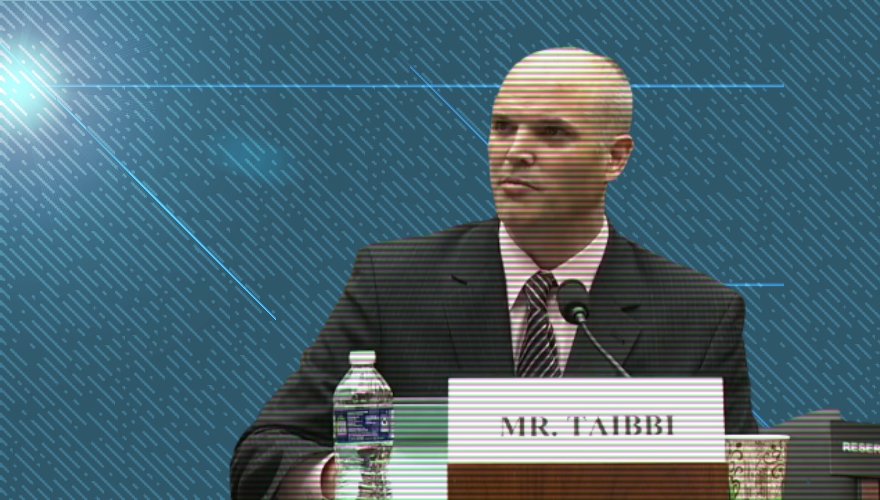Journalist Matt Taibbi referred to social media companies making lists of individuals engaging in “misinformation” and “disinformation” as “digital McCarthyism.”
Taibbi and fellow journalist Michael Shellenberger testified before the Select Subcommittee on the Weaponization of the Federal Government regarding their findings in the Twitter Files.
The former Rolling Stone editor released his statement to Congress through his Substack early Thursday morning.
“The original promise of the Internet was that it might democratize the exchange of information globally,” Taibbi wrote. “A free internet would overwhelm all attempts to control information flow, its very existence a threat to anti-democratic forms of government everywhere.”
“What we found in the Files was a sweeping effort to reverse that promise, and use machine learning and other tools to turn the internet into an instrument of censorship and social control. Unfortunately, our own government appears to be playing a lead role.”
TAIBBI: "The making of such lists is a form of digital McCarthyism." pic.twitter.com/8rvfjsFN6K
— Daily Caller (@DailyCaller) March 9, 2023
Taibbi said Twitter Files reporters learned social media companies had created a “formal system for taking moderation ‘requests’ from every corner of government,” including the Federal Bureau of Investigation (FBI), Department of Homeland Security (DHS), Health and Human Services (HHS), Department of Defense (DOD), the Global Engagement Center at State, and the Central Intelligence Agency (CIA).
“For every government agency scanning Twitter, there were perhaps 20 quasi-private entities doing the same, including Stanford’s Election Integrity Project, Newsguard, the Global Disinformation Index, and others, many taxpayer-funded,” Taibbi said. “A focus of this fast-growing network is making lists of people whose opinions, beliefs, associations, or sympathies are deemed ‘misinformation,’ ‘disinformation,’ or ‘malinformation.'”
Taibbi referred to “malinformation” as a euphemism for “true but inconvenient.”
“Undeniably, the making of such lists is a form of digital McCarthyism,” he continued. “These companies can and do refuse service to law-abiding people and businesses whose only crime is falling afoul of a distant, faceless, unaccountable, algorithmic judge.”
Taibbi then turned his criticism toward legacy media outlets, suggesting they “became an arm of a state-sponsored thought-policing system.”
“You can’t have a state-sponsored system targeting ‘disinformation’ without striking at the essence of the right to free speech,” he said. “The two ideas are in direct conflict.”
Taibbi cited Shellenberger’s term of the “Censorship-Industrial Complex,” comparing the idea to Alien and Sedition Laws of 1798 which outlawed “false, scandalous, and malicious writing against Congress or the president.”
“In a free society we don’t mandate truth, we arrive at it through discussion and debate,” Taibbi continued. “Any group that claims the ‘confidence’ to decide fact and fiction, especially in the name of protecting democracy, is always, itself, the real threat to democracy.”
The Twitter Files reporter further cited the COVID lab-leak theory, noting the theory was originally labeled “disinformation” and conspiratorial — “even [though] the FBI takes it serious [now].”
“The First Amendment, and an American population accustomed to the right to speak, is the best defense left against the Censorship-Industrial Complex,” Taibbi concluded. “If the latter can knock over our first and most important constitutional guarantee, these groups will have no serious opponent left anywhere.”
“If there’s anything the Twitter Files show, it’s that we’re in danger of losing this most precious right, without which all other democratic rights are impossible.”

